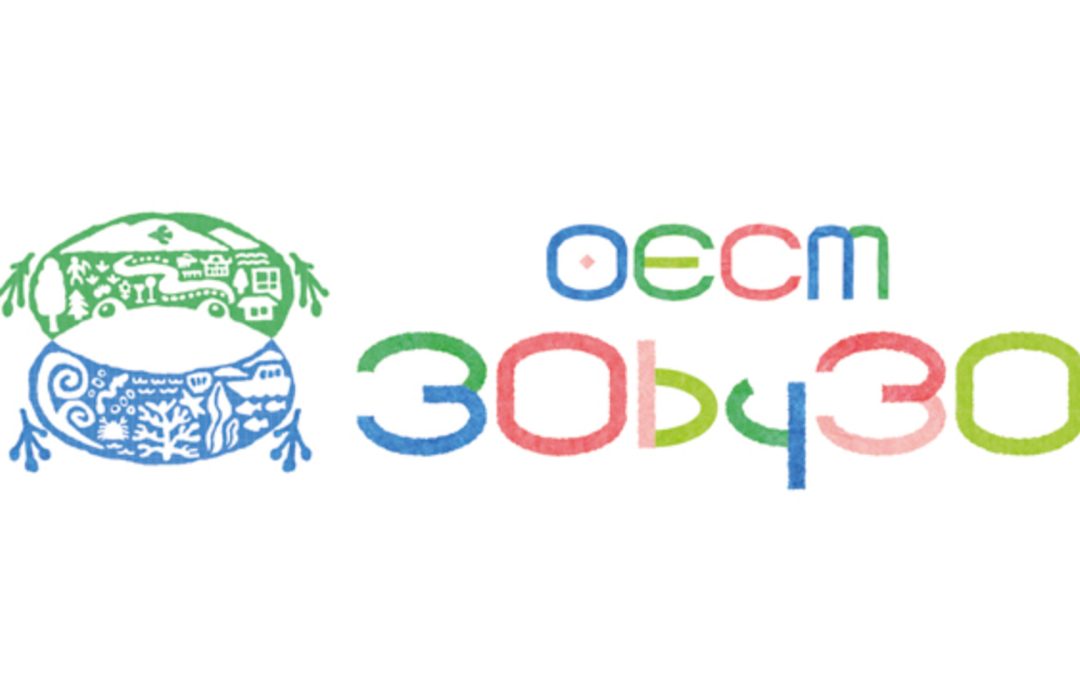 A Florida student has won the 15th annual Ricoh Sustainable Development Award and $10,000 (€8,840) for a sun-powered moisture-extraction device addressing water crisis in Uganda.
A Florida student has won the 15th annual Ricoh Sustainable Development Award and $10,000 (€8,840) for a sun-powered moisture-extraction device addressing water crisis in Uganda.
Ricoh USA, Inc. announced that Michael Chen of Ridgeview High School in Orange Park, Florida, is the winner of the 15th annual Ricoh Sustainable Development Award (RSDA) presented at the Intel International Science and Engineering Fair (Intel ISEF).
For his winning invention, “A Novel Method to Alleviate the Water Crisis in Uganda,” he has been awarded a $10,000 (€8,840) scholarship.
Ricoh added that in its 15th consecutive year, the RSDA continues to encourage innovation from students and demonstrates Ricoh’s global commitment to pursue excellence, improve quality of life and drive sustainability in accordance with the UN Sustainable Development Goals (SDGs) at the heart of its mission.
“Groundbreaking innovation and a commitment to sustainability, like what we see in Michael’s solar still project, is at the very center of Ricoh’s mission,” said Donna Venable, Executive Vice President of Human Resources and Deputy General Manager, Shared Services, Ricoh Americas. “It is inspiring to see our youth deliver such incredible advancements that align with our vision for the future. We hope our scholarship will aid in his continued professional and intellectual growth as he puts his impressive talents to use in creating a better, brighter, more sustainable future.”
Finalists’ projects are evaluated by how well they harmonise practical business and environmental sustainability, and how they align with Ricoh’s Sustainable Environmental Management Pillars, the OEM explained. Chen’s project, developed to specifically address the potable water crisis in Uganda, is an affordable and simple-to-build solar still that independently sources potable water. This enables people of Uganda to have access to drinkable water without having to brave warzones or lose entire days to walking to find water.
Describing the device, Ricoh said: “Users fill the still’s chamber with Pennisetum purpureum, commonly called elephant grass, a tropical grass native to African grasslands that has low water and nutrient requirements. It is a ubiquitous, fast-growing plant in Uganda, where 61 percent of the population does not have access to water. The device uses sunlight to heat the chamber containing plant matter up to 200?F, causing water to distill and condensate in a PVC pipe as drinkable, safe water. Afterward, used plant matter can be used to feed cattle or leveraged as fuel. A single acre of the plant, harvested three times per year, can meet the water consumption needs for a village of 122 people. By relying on affordable parts and locally sourced plant matter, Chen’s solution could help bring not just potable water but increased autonomy to Ugandan villages. This would reduce or eliminate the long, dangerous journeys people – mostly women and children – take for water today and create more time for them to spend in their local communities. Additionally, this project has potential for widespread use in areas with limited access to potable water outside of Uganda, as well.”
“The recognition and funding from being an RSDA winner have been a significant help in enabling me to further my research,” said Veenadhari Kollipara, who won the 2018 RSDA for her drone-enabled precision agriculture solution. “Since winning the award, I’ve become much more involved in engineering endeavors. I am in the process of obtaining a non-provisional patent for my 3D-printed agricultural drone, and I intend to focus on long-term testing and implementation on farms. I really feel limitless in terms of the directions I can take my project.”
With Chen’s RSDA win, Ricoh has totalled more than $430,000 (€380,000) in scholarships awarded for sustainability projects at Intel ISEF. The RSDA has awarded hundreds of thousands of dollars in scholarships to more than 35 students since its inception in 2005.



















